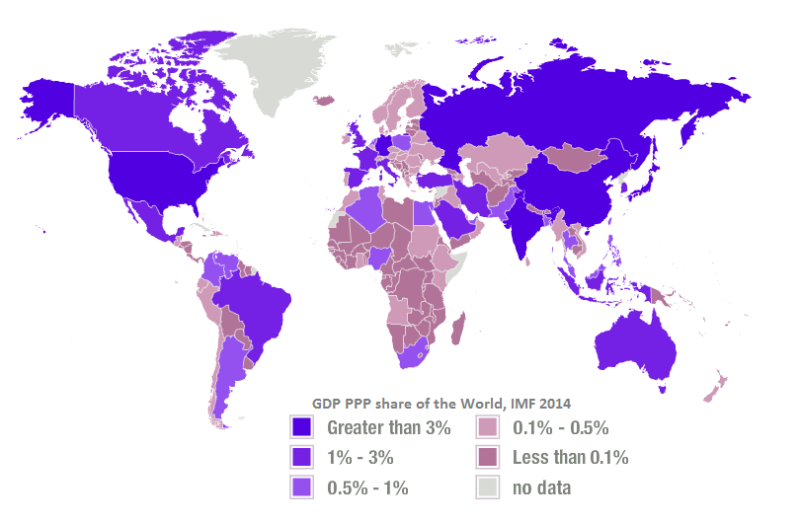During his recent trip abroad, Republican presidential nominee Mitt Romney caused a political stir in Israel (among other places he went) when he said that "culture makes all the difference" in explaining the vast difference in GDP per capita between Israel and its Palestinian neighbors.
And it's not hard to understand why Palestinians might have been a bit ticked off by the remark: it's basically saying that you'd be more financially successful if you changed your lifestyle. Harder to grasp, though, is the economic concept that Romney used in his comparison.
GDP per capita: One of those terms journalists and politicos throw out there as though it was something that normal humans conversed about at the dinner table. But what does it actually mean? And how is it relevant - or not - in determining a country’s well-being?
Put simply, Gross Domestic Product (GDP) is one (of many) ways to measure a nation’s income and level of productivity. The textbook definition will tell you: it's the the market value of all goods and services that a country produces in a given period of time (generally a year).
In normal speak: it’s all the (legal) things that are produced and sold in a country, and all the wages and profits that are earned. Basically, an indicator of economic health and wellness.
